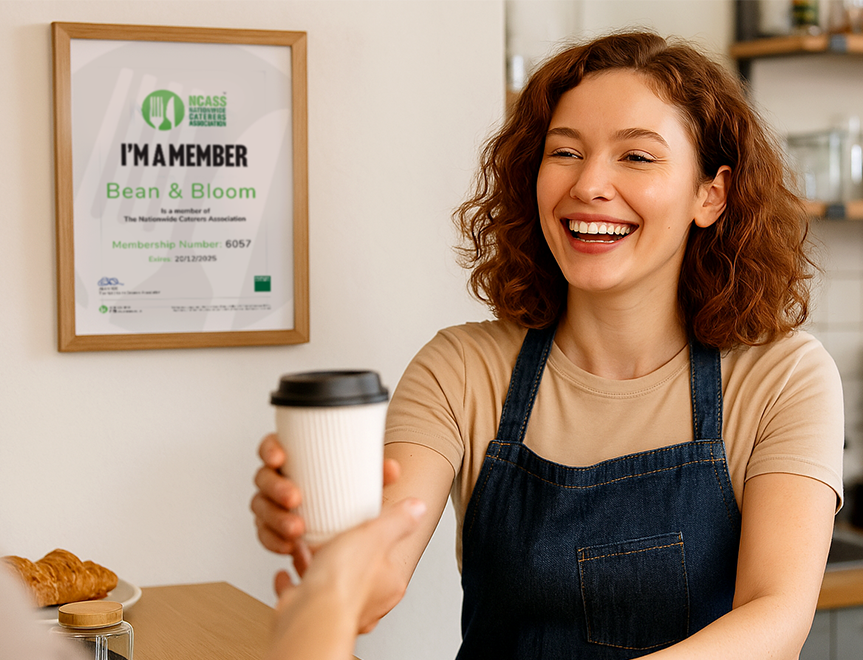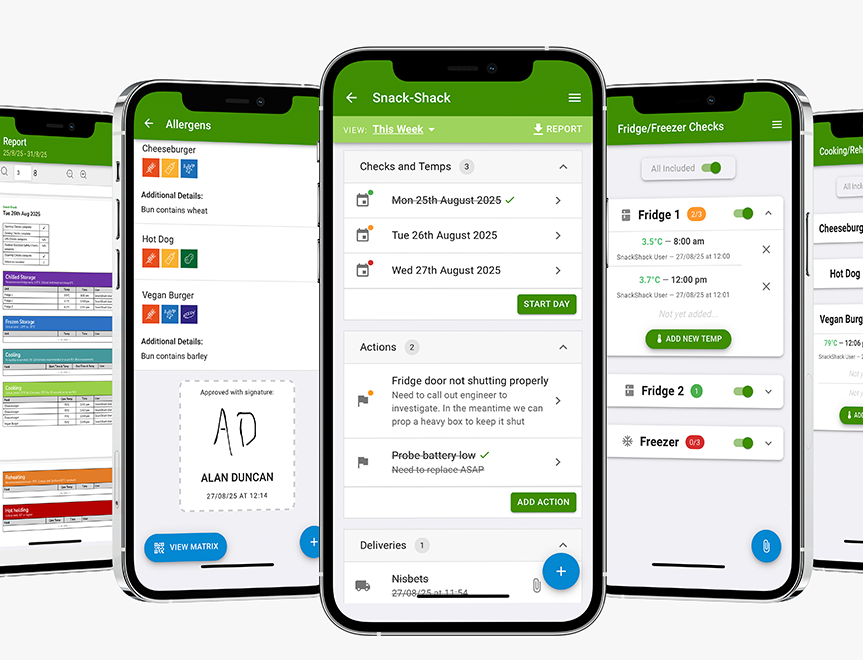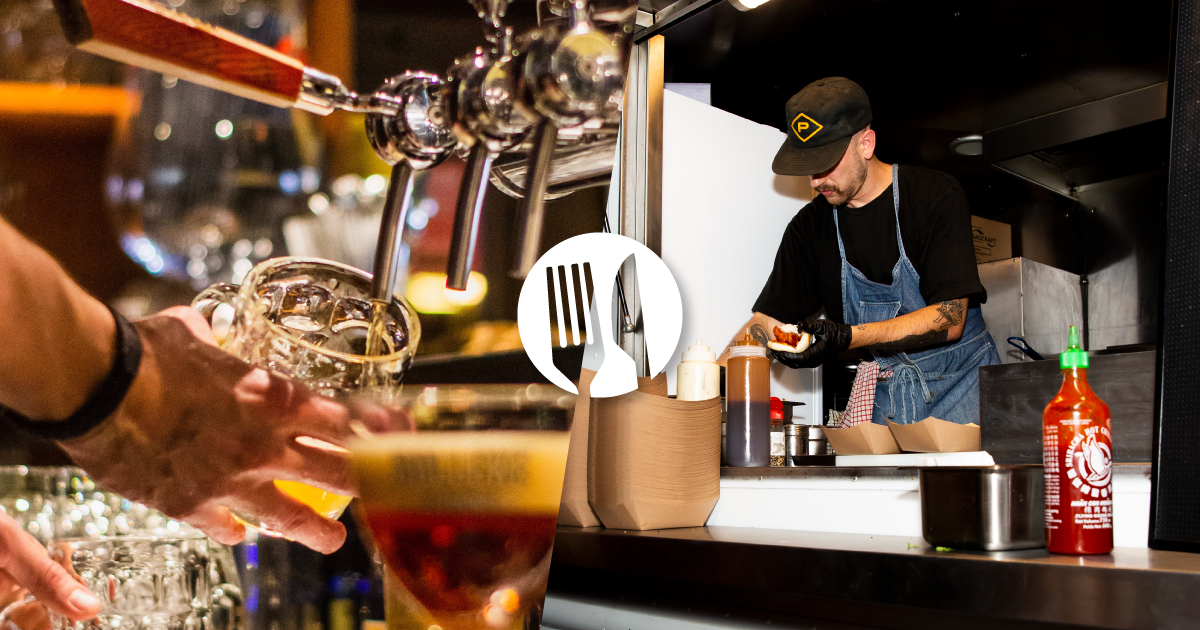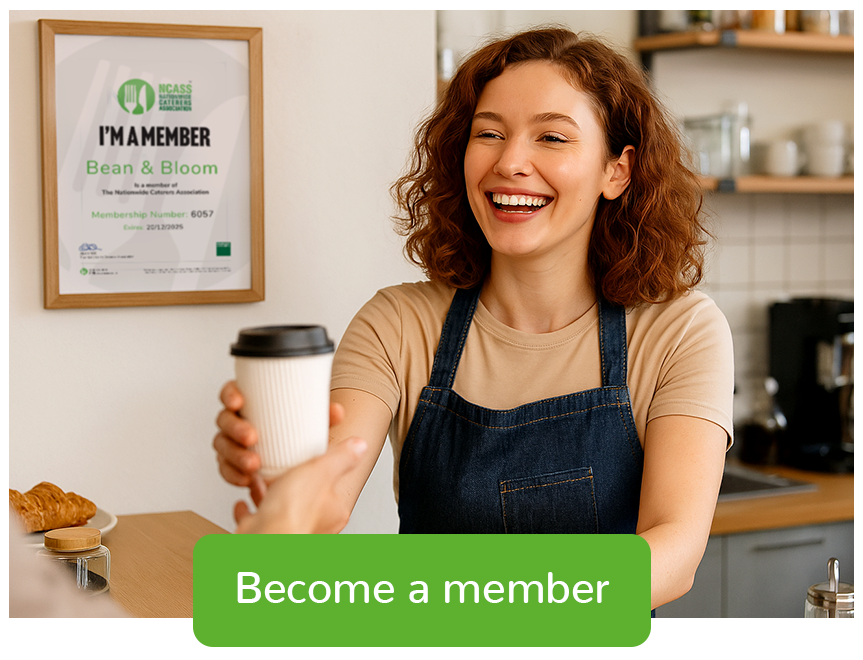Mark Laurie talks tier 3 and how our members and the wider sector can work together to find a solution.
Tier 3 – when a pub is not a pub
The Government’s latest response to the Covid-19 pandemic is the introduction of localised tiers. These tiers denote the level of Covid-19 locally and the measures that need to be in place to combat the spread of the disease.
Tier 3, the highest tier at present requires the most stringent measures to be put in place, including the closing of pubs and bars. The government believe that restricting drinking establishments and the capacity for people to mix with other households, will limit the spread of the virus. Pubs and bars are considered non-essential, however, restaurants are not. Food will always be an essential.
Upon learning that ‘wet led’ pubs in tier 3 would either have to become restaurants or close, NCASS requested clarification from the Government that members would be able to provide the substantial meals for the wet led pubs that would allow them to become restaurants.
How does it work?
You act as a sub-contractor providing food that is ordered through the pub, not yourself. The pub’s licence allows them to sell to people that walk-in from the street, as such you are working under their licence and do not require your own.
The pub should both take the order and deliver it to the customer along with their drink at the table.
Can I operate as a takeaway?
Yes. But if serving directly onto the street this may require a street trading licence, so again, it is best to operate the takeaway though the pub as a sub-contractor. If operating as a takeaway after 11pm you will require a Temporary Events Notice (TEN).
What is a substantial meal?
A substantial meal is what must be served to the customer in order for the pub to stay open in tier 3.
The meal itself is key here because if what you are providing is essentially considered to be cover for the pub to continue to trade, then there is a good chance they will receive an enforcement visit.
The authorities can shut down any premises that they believe are posing a Covid-19 risk, and as such, a pub arguably flouting the rules can be immediately shut down by enforcement.
A substantial meal is one served at a table; food served on a plate with a knife and fork. The food should be appropriate for the time of day. A pub was recently stopped from serving a slice of pizza with every drink bought and were therefore not considered to be operating as a restaurant.
There are obviously grey areas around this definition and there will be some leeway, but if businesses are not considered to be acting in the spirit of the law they could face enforcement action. If you are unsure, it’s best to speak with your local enforcement team to confirm that what you offer constitutes a substantial meal.
Do I have to be set up at a pub?
No, but this be could be an opportunity for you and the pub to keep trading, as well as introduce you to a whole new customer base. This would be valuable if you also operating as a take-away and/or delivery business.
Street Licensing
NCASS do not recommend applying for local authority street trading licences at the moment as they are unlikely to be fit for purpose for most members. These licences are designed for a static pitches and as such they require planning permission because the use of the land is being changed.
Currently, you may be focusing your business within your local area as events and other opportunities will have been shut down. Licences are a significant cost for a site that may only be required for a few months.
A street trading licence will often mean that you are trading on publicly owned land which has proven problematic for several events this year, where councils have been far more willing to close businesses. As such, we are recommending, where possible, to trade on privately owned land – with the permission of the landowner
Some local authorities offer forecourt licences which can be paid monthly, are significantly cheaper, and potentially more appropriate – speak to your local authority for further advice.
As confirmed in our webinar yesterday, licences are required for pitches on licenced or consent streets, it should not be assumed as often is, that all trading requires a licence. Trading from private land – with measures taken to prevent its definition as a ‘street’ such as an entry charge or refusal policy, a closed gate or a walk through a pub, then members really should be objecting to paying licences they do not need.
Many members will want to operate as roundsmen, dropping off pre-ordered food (which removes them from street trading), or travelling to different sites on different days or times of day like American food trucks; this would likely require multiple licences for sites that are used each day.
We believe that many NCASS members are being incorrectly charged for street trading licences that they do not need and should question both the amount, and the need for the licence, politely through formal channels.
The support that we gained from the LGA and from the Minister for Small Businesses both called on local authorities to work with and enable mobile catering businesses to trade, most of whom have not traded profitably since the 2019 season ended – over 12 months ago now.
Caterers need to earn a living and trading locally may be the only option for many. Be proactive and find private space that you can operate from; a pub carpark, your driveway or some private land for example.
By definition, mobile catering businesses are temporary structures or kitchens on wheels that often don’t require planning permission (as long as they can move the unit every 56 days).
In 8 months, most mobile caterers have received no financial support from government other than access to loans. They have been unable to take advantage of the 5% VAT rate or the ‘Eat out to Help out’ initiative.
The government’s support for our sector has been limited and therefore we need to help each other to continue to find opportunities to trade.
Want more info on Street Trading & Licensing?
We explored street trading during one of our recent webinars when we were joined by Philip Day from Laceys Solicitors.
Philip specialises in alcohol and entertainment licensing for pubs, clubs, hotels, restaurants, off-licences and events, including large scale outdoor festivals and fairs as well as betting and gaming. He was joined by host, Mark Laurie to discuss licensing, street trading regulations and how best to navigate these barriers in the current climate.
To catch-up on the episode, click here.
Caterer Spotlights
We’ve spoken to many members who have adapted their business model during lockdown to include delivery, takeaway, click & collect and much more. To read about other business owners who are in a similar boat and surviving the storm, visit our Be Inspired page.
If you would like more information, or would like to share your story with us, get in touch via [email protected]
Find a caterer for your pub or bar
Need a solution to offer meals? Partnering with a caterer could be the solution you need to keep trading under the tiered system. Click the button below to get started!
Find a caterer





 Featured Training
Featured Training
OUR MEMBERSHIP
We're here to help make your catering business a success. Whether that be starting up or getting on top of your compliance and marketing. We're here to help you succeed.
Want our latest content?
Subscribe to our mailing list and get weekly insights, resources and articles for free
Get the emails